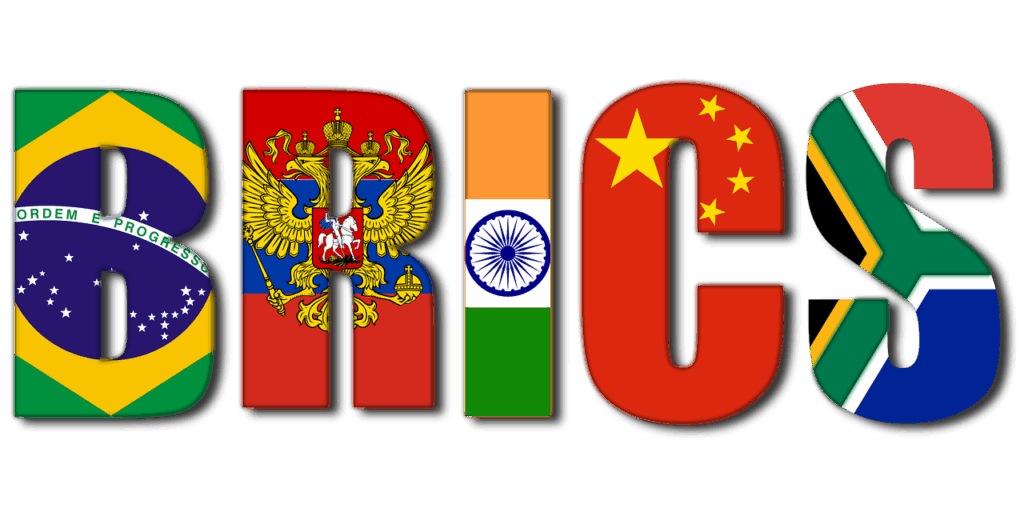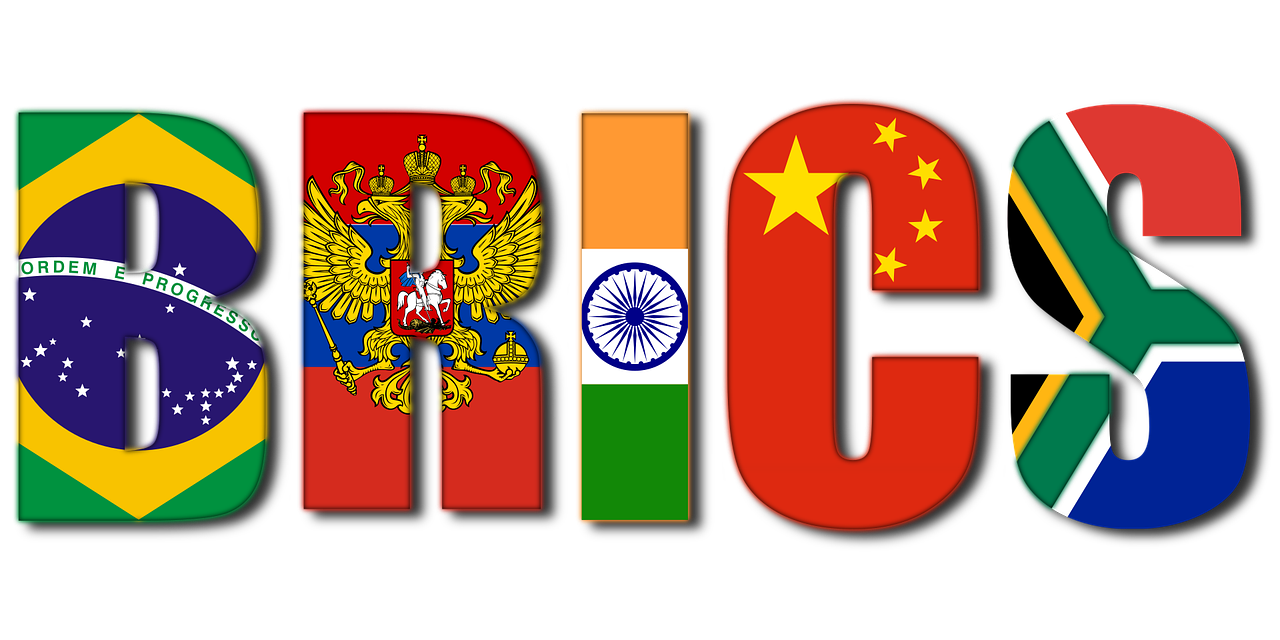
The inclusion of Nigeria, Africa’s largest economy and most populous nation is a significant, calculated move. It signals a conscious adjustment of the BRICS’ geopolitical focus toward the continent. Africa is increasingly viewed as a key arena for diplomatic competition and an experimental ground for new approaches to development cooperation, especially those operating outside the traditional spheres dominated by the West.
Nigeria’s strategic positioning and the drive toward full membership
Nigeria’s acceptance as a Partner State is consistent with 2023 statements from the country’s Minister of Foreign Affairs, Yusuf Tuggar, who suggested Abuja might seek full membership within two years. This is easily justified: Nigeria is Africa’s leading holder of proven gas reserves, a major oil producer, boasts one of the world’s youngest and fastest-growing populations, and features expanding service and technology sectors that attract considerable pan-African investment. Economically, Nigeria’s significance within Africa is comparable to Brazil’s role in South America within BRICS. It acts as a substantial market anchor capable of altering the regional economic balance.
Nigeria’s foundational strengths have increasingly positioned it as an attractive platform for the institutional expansion of BRICS. This strategic importance was concretely demonstrated in late September 2025, when Nigeria was chosen to host the regional office of the BRICS Women’s Business Alliance (WBA). The WBA is broadly recognised as a crucial mechanism for enhancing business-driven cooperation throughout the Global South.
The BRICS women’s business alliance Comes to Abuja
A delegation from the Russian Chapter of the Women Business Agenda (WBA), headed by Chairperson Anna Nesterova, recently completed a two-day working mission in Abuja, culminating in a significant decision. The sectors represented by the delegation’s leaders: pharmaceuticals, education, labor development, and technology, directly align with the key development priorities of BRICS: digital industrialization, innovation-driven growth, healthcare modernization, and human capital strengthening.
The group’s mission included significant meetings with senior Nigerian officials, specifically the First Lady, Senator Oluremi Tinubu, and the Minister of Women’s Affairs, Imaan Sulaiman-Ibrahim. These discussions focused intensely on implementation and achieving measurable results, moving beyond mere symbolic gestures. Nesterova underscored that the WBA operates as an autonomous mechanism, separate from any ceremonial role as an extension of BRICS. She stated that national chapters are strictly assessed based on tangible outcomes. These outcomes include a range of achievements, such as securing investment projects, expanding market access, and successfully integrating women-owned businesses into global value chains.
Why Nigeria?
Nigeria was selected as the regional center because of its growing significance as an economic gateway to sub-Saharan Africa. It serves as a natural foundation for BRICS’ commercial diplomacy, offering a consumer market size comparable to major mid-level Asian economies. Furthermore, the country features one of the continent’s most rapidly expanding technology sectors, with digital services, fintech, and health innovation experiencing quick growth despite ongoing structural challenges.
President Bola Tinubu’s economic agenda, centered on job creation, industrial diversification, youth empowerment, and expanding development collaborations beyond traditional Western institutions like the IMF and World Bank, is perfectly consistent with this strategic trajectory. As such, the First Lady’s declaration that Nigeria is BRICS’s “best ally” signifies a crucial foreign policy shift for Abuja. This reorientation indicates a readiness to balance established historical relationships with the West by actively pursuing new South-South partnerships, thereby securing opportunities for capital access, market expansion, and enhanced political autonomy.
Economic and diplomatic significance
Russia’s increased focus on Nigeria is partly due to new economic demands, including the need to pivot its economic diplomacy towards Asia, Latin America, and Africa following global sanctions. Nigeria is valuable not only as one of Africa’s largest markets but also for its ties to regional frameworks like the African Continental Free Trade Area (AfCFTA). This access could enable BRICS companies to trade across a continental market of over 1.3 billion people.
BRICS offers Nigeria a path to diversify its national development strategy, thereby “de-risking” it, through alternatives in development financing, energy partnerships, and technology exchange. A key example is the New Development Bank (NDB), which increasingly funds infrastructure projects without the stringent macroeconomic policy conditions typically imposed by Western lenders. Therefore, cooperation with BRICS goes beyond mere political alignment; it is a pragmatic move to broaden Nigeria’s network of development partners.
A new phase in BRICS institutional evolution
The opening of the WBA regional office in Abuja signifies a profound change within BRICS. The group has fundamentally evolved beyond its initial diplomatic scope and now functions as an interconnected network of specialized bodies. These include development banks, business councils, technology forums, and economic platforms led by women, all created to facilitate tangible, cross-border collaboration. This robust institutional framework distinguishes today’s BRICS from its beginnings as merely an investment acronym coined by Goldman Sachs in 2001.
The 2024 expansion has transformed BRICS into the pre-eminent non-Western political coalition of the 21st century. Key elements like Nigeria’s entry and the prioritisation of women-led enterprise within the new structure signify a fundamental change. This suggests that the foundation for future multipolar cooperation is moving beyond presidential summits to operational platforms. In this new era, business networks, youth, and women are emerging as the true architects of sustained economic transformation.
Written By:
*Dr Iqbal Survé
Past chairman of the BRICS Business Council and co-chairman of the BRICS Media Forum and the BRNN
*Sesona Mdlokovana
Associate at BRICS+ Consulting Group
Africa Specialist



